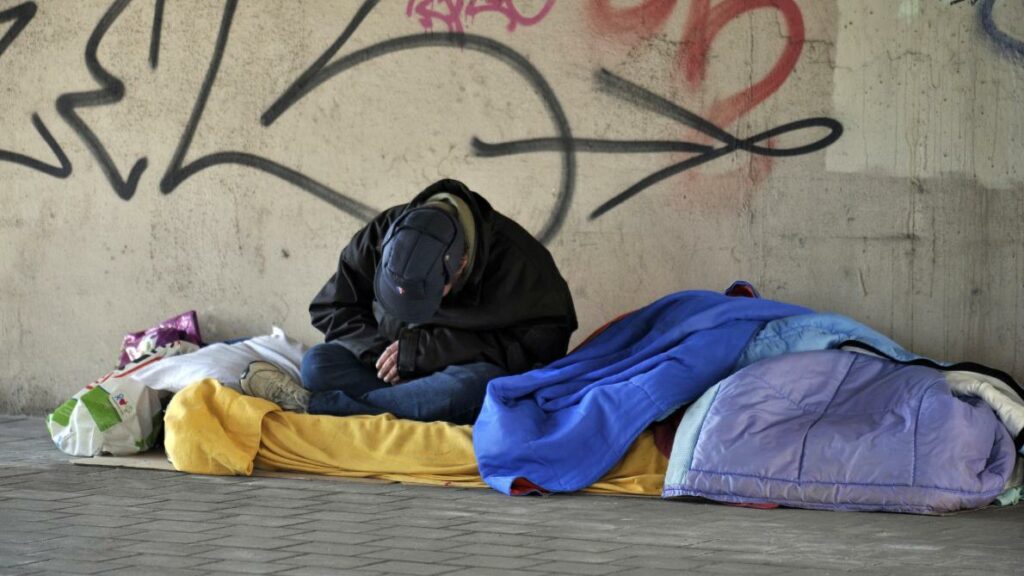In 2021, EU Member States and other stakeholders issued the Lisbon Declaration pledge to work jointly towards ending homelessness by 2030. After the European elections in June 2024, decision-makers from a range of political backgrounds must continue working to achieve this goal.
Homelessness has become a Europe-wide problem, with an estimated 895,000 people sleeping rough or in a shelter every night in Europe, a population equivalent to that of a city like Marseille, Amsterdam or Turin! Migrants, workers, women and young people are increasingly affected, and in some Member States; a third of those in emergency accommodation are children.
Since 2021, the EU has stepped up its efforts to combat homelessness. The creation of the European Platform on Combatting Homelessness, an initiative within the framework of the European Pillar of Social Rights Action Plan, brings together Member States, European institutions and civil society organisations to share best practices and engage in dialogue on how to fight homelessness.
The Platform allows all signatories to start building European solutions, including establishing a common framework definition of homelessness (called ETHOS), improving data collection and mobilising European funds to support evidence-based policies.
The exchange of knowledge and experiences has led some Member States to develop an integrated national strategy that combines a ‘Housing First’ approach with targeted support services (debt management, medical care, job search, etc.). Almost half of EU Member States have now developed national strategies to combat homelessness. But more needs to be done.
With six years to go until 2030, it is time to move towards a Europe where homelessness stands no chance, where the right to a "home" is not only recognised but seen as the unshakeable pillar of a healthy, prosperous society.
The fight against homelessness requires ambitious action at local, regional, national and European levels. It is a shared responsibility that must involve all parties: political decision-makers, European institutions, associations and other stakeholders.
Only concerted strategies based on prevention, housing and reintegration will be successful in eliminating homelessness. They must also draw on other areas like health, migration, gender equality, anti-discrimination and regional policy to name a few.
On February 8 and 9, 2024, the Belgian Presidency of the Council of the European Union will organise a conference on homelessness to be held in Brussels to take stock of the progress achieved by the Platform.
We look forward to the discussions and call on the EU to make the fight against homelessness a key element of a bold social agenda.
This endeavour is more urgent than ever. We must redouble our efforts to end this unacceptable form of social exclusion in Europe.
Nicolas Schmit, European Commissioner for Jobs and Social Rights; Karine Lalieux, Minister of Pensions and Social Integration, responsible for Persons with Disabilities, Poverty Reduction, and Beliris; Yves Leterme, President of the European Platform on Homelessness (and former Belgian Prime Minister).

